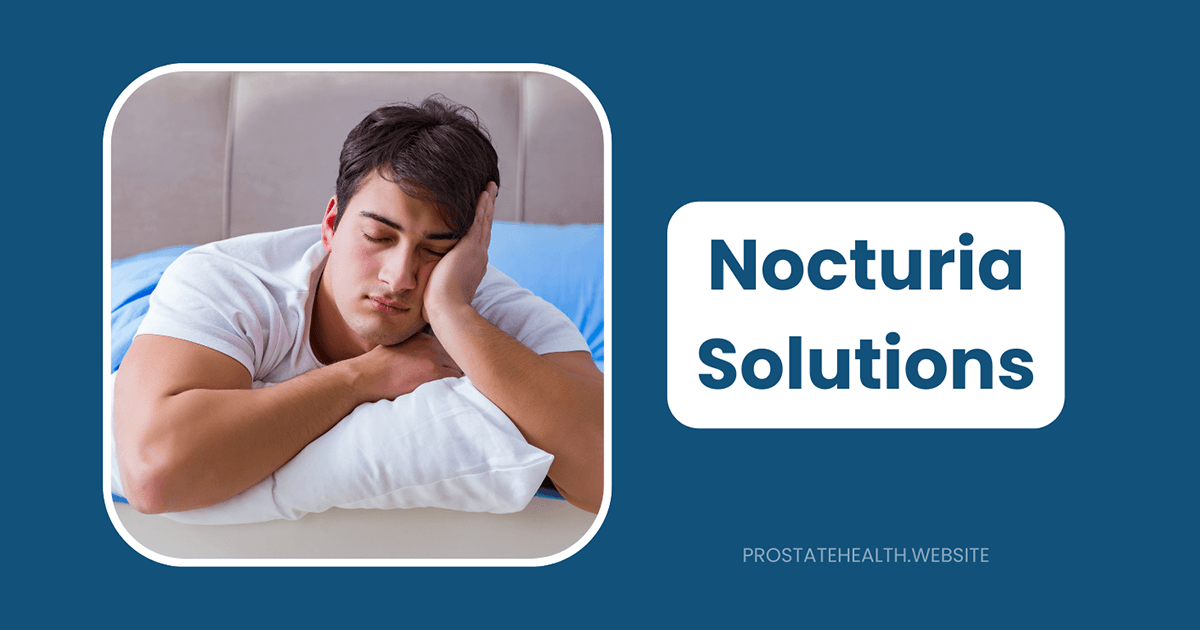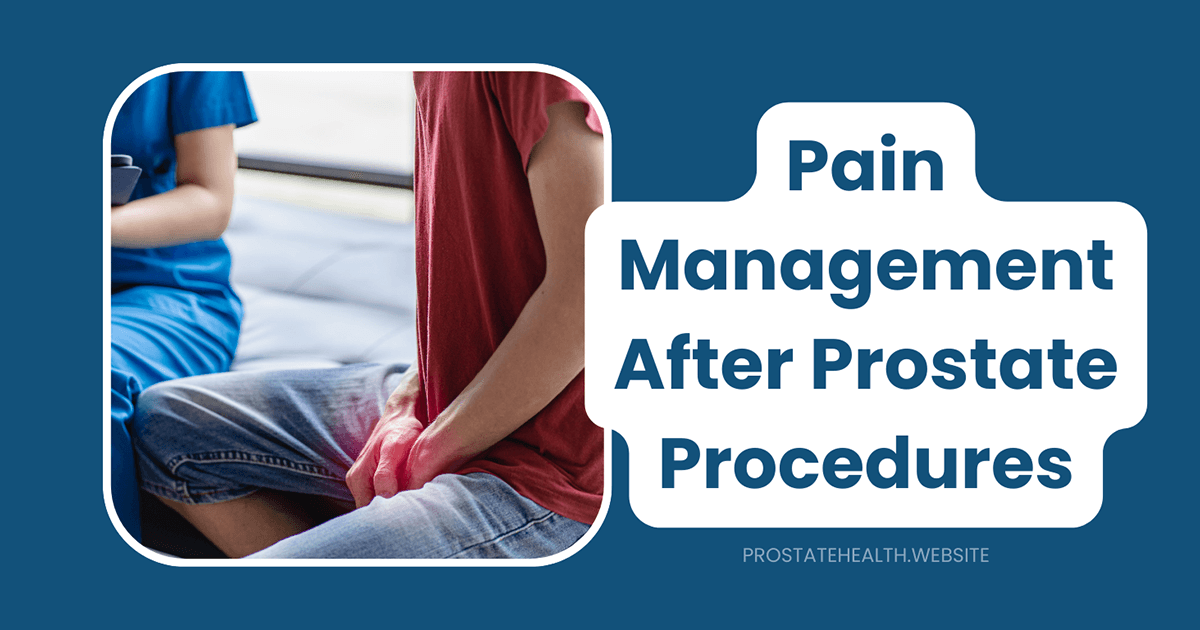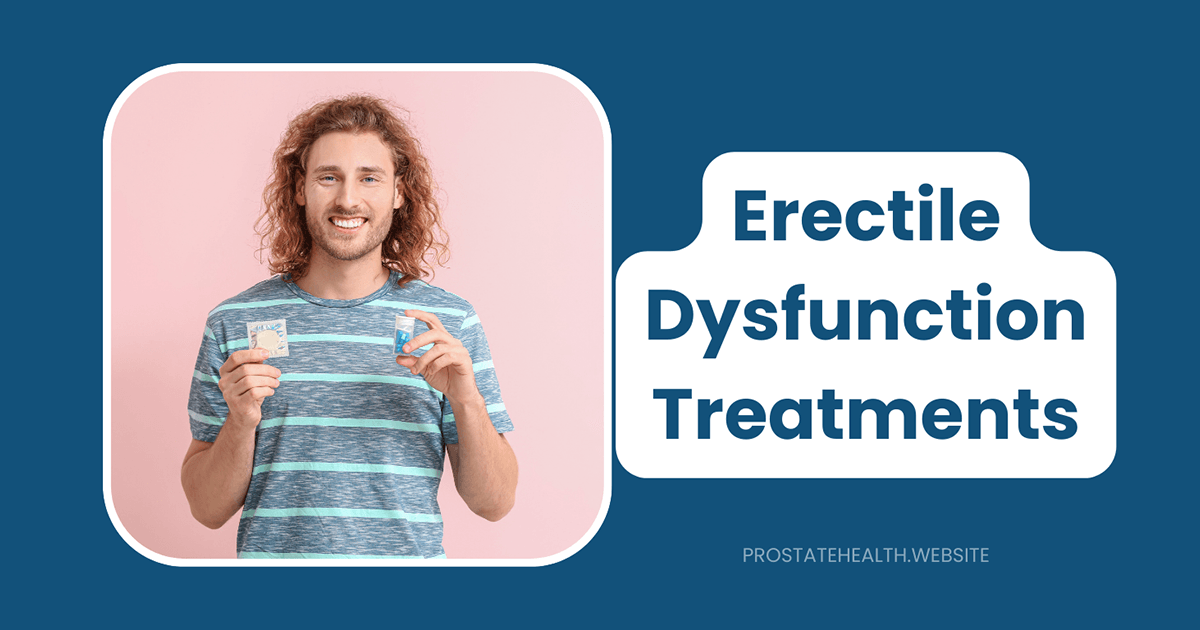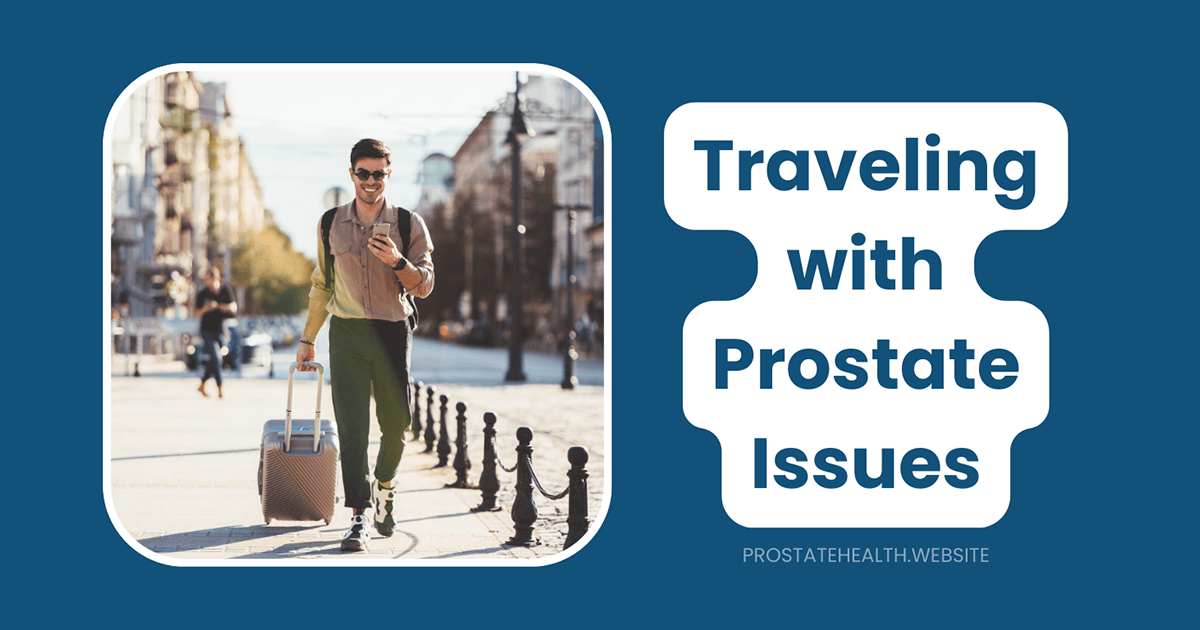Managing Nocturia: Tips for Better Sleep Despite Urinary Issues

If you’re waking up multiple times at night to urinate, you’re not alone. This condition, known as nocturia, affects approximately one in three adults over age 30, with the numbers climbing significantly as we age. For men dealing with prostate issues, these midnight bathroom trips can be particularly frustrating and exhausting.
As someone who’s worked with countless men navigating this challenge, I’ve seen firsthand how nocturia can impact not just sleep quality, but overall wellbeing and daily functioning. Let’s break down what’s happening and, more importantly, what you can do about it.
Understanding Nocturia: More Than Just an Inconvenience
Nocturia isn’t just annoying—it’s a legitimate health concern that deserves attention. When you’re regularly waking up two or more times per night to urinate, your sleep cycles become fragmented, preventing the deep, restorative sleep your body needs.
For men, nocturia is often (though not always) connected to prostate health. As the prostate enlarges—a condition known as benign prostatic hyperplasia (BPH)—it can put pressure on the urethra and bladder, creating the sensation of needing to urinate even when your bladder isn’t full.
Other common causes include:
- Nocturnal polyuria: Producing excessive urine at night (more than 33% of your total daily urine output)
- Reduced bladder capacity: Your bladder holds less urine before signaling fullness
- Sleep disorders: Conditions like sleep apnea can increase nighttime urine production
- Medications: Diuretics, certain blood pressure medications, and other drugs
- Medical conditions: Diabetes, heart disease, and kidney issues
Practical Strategies for Better Sleep
1. Master Your Fluid Management
The timing of your fluid intake matters tremendously:
- Limit fluids 2-4 hours before bedtime. This simple change can significantly reduce nighttime bathroom trips.
- Stay hydrated earlier in the day. Don’t reduce your overall fluid intake—just shift more of it to morning and early afternoon.
- Double void before bed. Urinate normally, wait a few minutes, then try again to ensure your bladder is completely empty.
James, a 58-year-old client with moderate BPH, shared: “Simply cutting off liquids after 7 PM reduced my nighttime bathroom trips from four to just one. I feel like a different person with better sleep.”
2. Optimize Your Sleeping Position
Your sleeping position can significantly impact bladder pressure and urinary symptoms:
- Side sleeping (particularly on your left side) reduces pressure on your bladder and can help with acid reflux, which sometimes contributes to nocturia.
- Semi-fetal position with knees slightly bent reduces pressure on bladder muscles.
- Elevate your legs with a pillow under your knees if you sleep on your back to improve circulation.
- Avoid stomach sleeping, which puts direct pressure on your bladder.
According to a 2025 study by the Sleep Foundation, the right sleeping position can reduce nocturia episodes by up to 20% in men with prostate issues.
3. Address Fluid Redistribution
Many men experience fluid accumulation in their legs during the day, which then redistributes into the bloodstream when lying down, increasing nighttime urine production.
Try these techniques:
- Elevate your legs for 1 hour in the late afternoon (around heart level)
- Wear compression socks during the day if you have significant leg swelling
- Take an afternoon nap with legs elevated to redistribute fluid earlier
4. Watch What You Consume
Certain foods and beverages act as bladder irritants, increasing urgency and frequency:
- Caffeine: Coffee, tea, energy drinks, and chocolate
- Alcohol: Particularly in the evening hours
- Acidic foods: Citrus fruits, tomatoes, and spicy foods
- Artificial sweeteners: Found in many “diet” products
Dr. Michael Katz, urologist at Cleveland Clinic, notes: “Many patients see a 30-40% reduction in nocturia symptoms simply by eliminating bladder irritants from their evening routine.” Source: Cleveland Clinic Health
5. Strengthen Your Pelvic Floor
Pelvic floor exercises aren’t just for women—they can significantly help men with urinary issues:
- Kegel exercises: Identify the muscles by stopping urination midstream (though don’t regularly practice during urination)
- Contract these muscles for 3-5 seconds, then relax for 3-5 seconds
- Repeat 10 times, 3 times daily
A recent study published in the Journal of Urology found that men who regularly performed pelvic floor exercises experienced a 40% reduction in nocturia episodes after three months.
Medical Interventions Worth Discussing
When lifestyle changes aren’t enough, several medical approaches may help:
- Alpha-blockers: Relax the muscles around the prostate and bladder neck
- 5-alpha reductase inhibitors: Can shrink the prostate over time
- Anticholinergics: Reduce bladder contractions and urgency
- Desmopressin: Reduces urine production at night (used carefully due to potential side effects)
- Minimally invasive procedures: Several options exist for reducing prostate size without major surgery
Always consult with your healthcare provider before starting any medication, as they can have side effects and may interact with other medications you’re taking.
When to See Your Doctor
While occasional nighttime urination is normal, especially as we age, you should consult a healthcare provider if:
- You’re over 60 and urinating more than twice nightly
- You’re over 70 and urinating more than three times nightly
- Nocturia developed suddenly or is worsening rapidly
- You experience pain, burning, or other symptoms when urinating
- You notice blood in your urine
- Nocturia is significantly impacting your quality of life
The Bottom Line
Nocturia doesn’t have to rule your nights. By implementing these strategies and working with your healthcare provider, most men can significantly reduce nighttime bathroom trips and reclaim their sleep.
Remember that addressing nocturia isn’t just about comfort—it’s about your overall health. Quality sleep is essential for everything from cognitive function to immune health to emotional wellbeing.
Have you found other strategies that help with nocturia? Share your experiences in the comments below.






